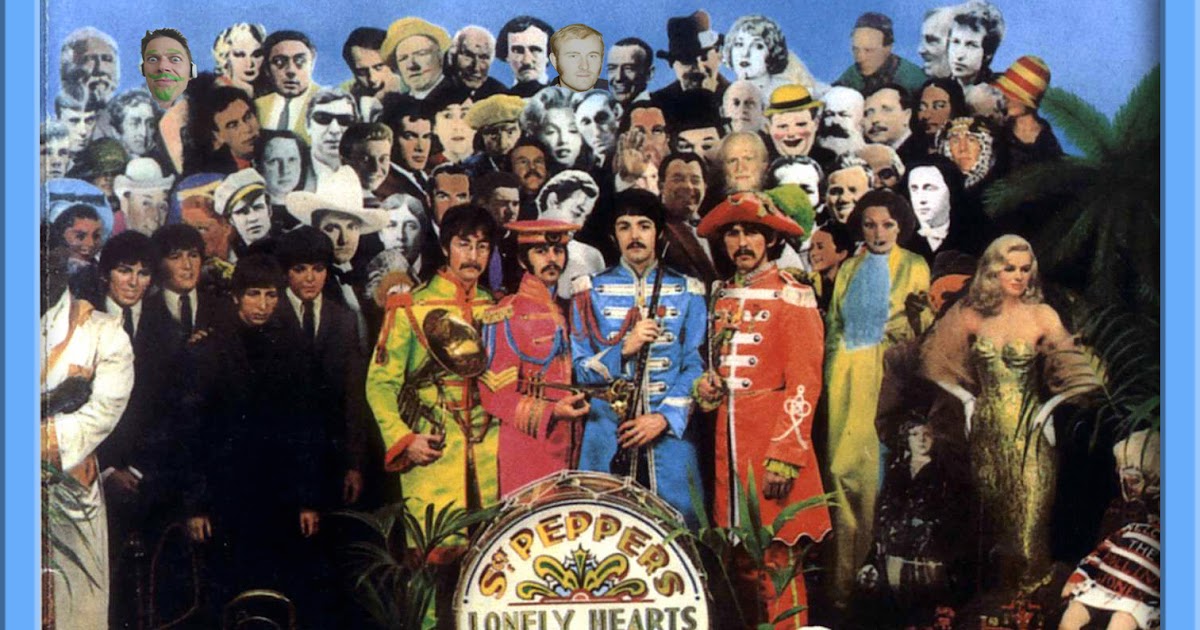

Obviously, my cell phone camera took an interest in them, too, as in the accompanying photos. Sure enough, the Taiwan-made set glowed with glorious colours, especially when the sun shone on them against the black surface on which they sat. Well, Mary Anna, who delights in serendipitous beauty, suggested I take a look at a display of iridescent acrylic tumblers that caught her eye. Kelly Joyner’s shop, located in Cochrane’s historic Old Town, features not only every variety of bulk tea you could ever hope for, but delightful gift items, from knick-knacks, tea pots and tea cups, to some very eye-catching glasses and pitcher sets, perfect for those memorable warm summer days on the patio. This particular memory segues quite nicely, I think, to a truly beautiful moment in colour diversity Mary Anna and I experienced the other day at Tea & Other Things. The film must rank among the ten most important I’ve ever seen – deeply moving in its depiction of justice-for-all triumphing over the discrimination of those days that failed to see the beauty in colour diversity. “Selma,” based on the Martin Luther King, Jr.-led death-defying march from Selma to Montgomery, Alabama, is set amidst the Selma Voting Rights Movement. Yes! Skipping ahead a few years to 1965 – in fact, 50 years ago next month – my wife Mary Anna and I recently viewed a cinematic commemoration of a turning point in American civil rights: this year’s Oscar-nominated film, “Selma.” (To check out Bob Hope and Shirley Ross’s original 1938 on-screen duet of what was to become Bob Hope’s theme song, go to YouTube.)

“As Bob Hope used to say, ‘Thanks for the memory’!” “Oh my goodness, I feel so young!” she concluded. Then Colleen reminisced over the vocalists of that day, folks like Gene Autry, Roy Rogers and Dale Evans. “I also remember rushing home from school to listen to ‘Wild Bill Hickok’ and ‘The Lone Ranger’! My mother, quite naturally, listened to ‘Stella Dallas.’ That would have been 1952/53.” “On yo huskies! I loved that show,” she wrote. Here’s a response I received from Edmonton coffee companion, Colleen Chapman:

Ah, such memories.Īnd it’s not just a “guy” thing, either. There they were, most in almost new condition, archivally protected – two sets, 29 in each: “Zane Grey’s King of the Royal Mounted,” and the “Yukon King” series, also inspired by novelist of the Old West, Zane Grey. He thought I’d like to see his treasured collection of comic-book memorabilia from the Sergeant Preston and Yukon King era. Within days of that column’s appearance, I was about to leave the A&W when Richard pulled me aside. One was from George’s A&W coffee companion, Old West aficionado Richard Benedictson, two-time winner of the title, 2nd, Top Gun in the World, at the Wild Bill Hickok Fast Draw Championship. JUSTICE AT GONEAWAY CREEK: A bloodthirsty lynch mob pursues a miner falsely accused of murder.Last week’s memory-lane column on George Rogers and the North-West Mounted Police, with allusions to that old-time radio program about Sergeant Preston of the NWMP and his wonder-dog Yukon King, sure drew some great responses. PHANTOM OF PHOENIXVILLE: A masked mystery man has tapped into the Royal Canadian Mounties' telegraph line, using it to obtain vital information about an important gold shipment. ONE BEAN TOO MANY: A plucky news photographer gets in over his head when he tries to help Preston trap some fur thieves.ĬRIME AT WOUNDED MOOSE: Hooded bandits unleash a reign of terror in the small town of Wounded Moose. In 1955, as part of a promotion for the show, Quaker cereal boxes actually contained an authentic deed entitling children to an inch of land in the Yukon! Like on radio, Sergeant Preston had unique tie-ins courtesy of its sponsor, Quaker Oats. Shot in color, the television version proved just as popular as the radio program, lasting three seasons on CBS. On TV, Preston was portrayed by actor Richard Simmons, who had previously played a Mountie in Republic's King of the Royal Mounted (1940). The show was something of an early multimedia sensation, spawning books, comics, and other ancillary merchandise, so it was inevitable that Sergeant Preston would make the jump to television. Frank Preston originally joined the Mounties to track down his father's killer, and stayed on to foil fur thieves, claim jumpers, and murderers with his faithful Alaskan Malamute, King. Trendle, the same men who originated The Lone Ranger and The Green Hornet. It was the creation of Fran Striker and George W. Sergeant Preston of the Yukon started as a popular kids' radio show originating out of WXYZ radio in Detroit.
THEME SONG SERGEANT PRESTON TV
Sergeant Frank Preston of the Royal Canadian Mounties and his wonder dog Yukon King set out on thrilling adventures every week in this fondly-remembered 50s TV series.


 0 kommentar(er)
0 kommentar(er)
